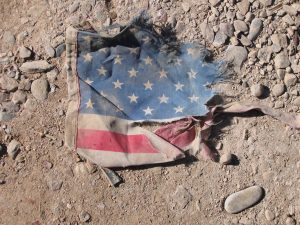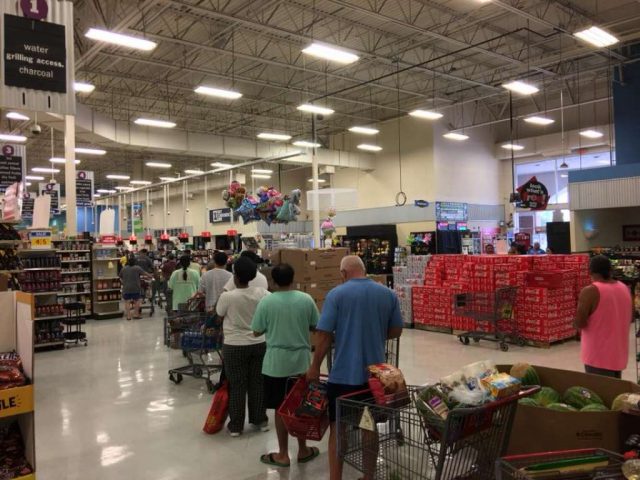It’s almost impossible to talk with anyone for very long before someone starts listing the reasons they think things are beginning to circle the drain. Even strangers bring it up. And everyone is convinced his or her diagnosis is both correct and essential to restrain the decay.
This shouldn’t surprise anyone since times of political uncertainty and violence tend to spawn apocalyptic fears and concerns. It’s reflected in the stories told in cinema and television, and in our digital world is magnified by pundits and commentators in the 24/7 news cycle. So the conversations—many turn into monologues or debates—flourish and multiply.
What discourages me most is that when I listen in on Christians holding forth on this topic I rarely hear things that are distinctly rooted in a biblical understanding of life in a broken world. It’s usually clear who they voted for or where they fall on the conservative/liberal spectrum but far less clear that they’ve reflected on the question Christianly.
And may I propose that if we are looking for an explanation of what has gone wrong with the world this failure should be part of our answer? We cease to act as salt in our culture when our thinking, doing and feeling has melted into the categories of our broken world. I’m not saying we will never find places of agreement; I am saying that our reflection bringing us to that agreement must be radically Christian.
I have been living recently in St Peter’s first epistle and am impressed at how he insists that deep personal virtue is central to true faith. We are “to abstain from sinful desires,” he says (2:11) and to “live such good lives among the pagans” that they will be forced to reluctantly acknowledge our “good deeds” (2:12). We are to “be holy,” to “live in harmony with one another; be sympathetic, love as brothers, be compassionate and humble” (1:15-16; 3:8).
My reflections on this suggest that such things translate into values that are essential, even central for democratic freedom. For what it means to live next door to neighbors and colleagues who hold drastically different goals, hopes and fears for the political process.
In an editorial in The Atlantic (October 2017, p. 8) Jeffrey Goldberg mentions the danger that occurs when people “do not venerate the democratic norms of restraint, moderation, forgiveness, and compromise.” As a Christian I would add compassion to the list since loving my neighbor requires me to care for them, even at cost, and even when they are wrong or wish me ill. The list is instructive: restraint, moderation, forgiveness, compromise, and compassion.
I cannot change America. I can take the biblical imperatives seriously however and encourage my sisters and brothers in faith to do the same. Growth in virtue will not solve all that is wrong with America, but it’s a start. A place I can begin.






Thank you for this Denis. I was just commenting to a friend last night about the need for the Church to exhibit love. That is the attraction of the Gospel. It is nice to know others are pondering the same things.
I think the saying, “We have seen the enemy and he is us” is true. I struggle with being salt and light – that’s a messy business. I struggle with opening my heart and home to very different peoples. And, I do not believe enough in prayer to put the time into praying, just for the situations and issues I know about. If there were just one indicting factor, it would be that i often do not pray…then listen for the answer. I am grateful that God still uses me, but I don’t think I am as usable as I might be